Parenting Books for Parents Who Hate Parenting Books
When I was pregnant, I didn’t really stock up on pregnancy/birth books, since I’d worked in an OB/GYN office for seven years and had a background in maternal-child health. There was that gem of a book Your Pregnancy After 35, and the classic Childbirth Without Fear: The Principles and Practice of Natural Childbirth. But my focus was more on once the kid got here: the parenting part. Sure, I had nannied before, for newborns through age 12, but I always got to give the kids back.
So I had a whole stack of Dr. Sears books, that book The Wonder Weeks that was (unfortunately) everywhere five years ago, and the like. A few weeks in to my son’s life, I added several books on sleep to the pile. (HA! He didn’t sleep through the night until he was almost three, but that’s another story). But here’s something that a lot of people may not tell you: sometimes, the books just aren’t the answer. They can only tell you so much, they assume a whole lot of things, they’re only geared toward typical children who fit a certain mold and trajectory, and children…well, children are notorious for doing their own thing.
My child didn’t fit the mold. The books, those weekly emails that parenting sites send you that correspond with your child’s age — all of them just didn’t apply after a certain point. And all that did was make me feel like crap. Pretty early on, I decided to ditch the baby parenting books. Parenting has been one big exercise in surrender, and this was an early lesson.
The Toddler Years
But then come the toddler years, and there’s a whole new set of parenting books available. Potty training, school readiness…ah, the world of competitive parenting sets in. Sometimes I would get one and would be quickly reminded why I stopped reading them. Again, they assume a lot of things about children and their development, and many are surprisingly rigid in what they see as “within normal limits” of development. I found many of them to be surprisingly non-inclusive in many ways, and again, decided to stop reading them.
Where were the parenting books for the parents who only used the hashtag #blessed ironically? Where were the parenting books for single parents? Or parents who worked full-time and loved their job, but didn’t have all day to do all the things we were apparently “supposed” to be doing? How about the parenting books for the parents who, many days, were so exhausted that the best part of their day sometimes was when their kid went to bed?
Thankfully, five years into my experience of motherhood, there are more of these books being published. The parenting books I gravitate to tend to be a mix of irreverent memoir and humor, as well as practical but accessible advice that is blessedly judgment-free and downright honest. If this is the kind of parenting book you’d like, too, check these out.
Mamas Don’t Let Your Babies Grow Up to be A-Holes: Unfiltered Advice on How to Raise Awesome Kids by Karen Alpert
I first ran across Karen Alpert (AKA Baby Sideburns) through her book I Heart My Little A-Holes, which I read before I had a child. Although I appreciated it more once I had a kid, it was hilarious, and I thought this is the kind of person who would be a mom friend. This is an honest but funny book about how to raise kids who aren’t jerks. It’s full of confessions, anecdotes, and real talk about the daily work of parenting and feels like you’re having a conversation with Alpert.
Untigering: Peaceful Parenting for the Deconstructing Tiger Parent by Iris Chen
You’ve heard of the Tiger Mom. But what do you do if you have Tiger Mom instincts but want to practice peaceful parenting? Chen explores this in an accessible, honest, and humorous book that is part memoir, part handbook. She provides practical ways to shift your outlook and parenting, while also admitting her foibles and how we can learn from them. But make no mistake: this isn’t your mom’s peaceful parenting book; it’s also an upfront look at actively deconstructing what we think we know and what we learned about parenthood and motherhood.

How to Stop Losing Your Sh*t with Your Kids: A Practical Guide to Becoming a Calmer, Happier Parent by Carla Naumberg
I was hesitant about this one at first, because I was wary it would be a typical parenting book, but ended up really loving it. It’s inclusive — she is one of the first authors I’ve read to acknowledge and mention single parenting — and her advice is practical and accessible. Her tone is non-judgmental, and I would even say that this is a book for parents on not just how to be calmer with your kids, but also how to take care of yourself and give yourself some grace.
How to Raise Kids Who Aren’t Assholes: Science-Based Strategies for Better Parenting — from Tots to Teens by Melinda Wenner Moyer (July 20)
If the title alone doesn’t make you fall in love with the book, I’m not sure what to tell you. Wenner Moyer is a science journalist who realized that despite books that tell us how to do nearly everything in parenting, there wasn’t a book that helped you to raise kids who weren’t, well…assholes. This is an interesting, fact-based look at how to do just that. (Also, I suspect that if you bring this to the playground, it will attract like-minded mom friends!)
My Everything: The Parent I Want to Be, The Children I Hope to Raise by Einat Nathan
I initially wasn’t sure about this one, but I’m glad I read it. It reads like a conversation with a mom who’s one step ahead of you in everything, but manages to never sound condescending or judgey. Nathan uses a gentle parenting approach and also takes the time to look at the emotions of parents along the parenting journey, and what the parenting relationship is really about. It’s not your typical parenting book, and that’s why I love it.
Raising Free People: Unschooling as Liberation and Healing Work by Akilah S. Richards
Don’t be fooled by the title: this isn’t just an unschooling book. While it is rooted in self-directed education, this is also a book that is about decolonizing parenting, listening to children, healing generational wounds, creating the community and culture you want to be a part of, and familial connection and communication. Richards also has a podcast, which centers the experiences of BIPOC families in learning and self-directed experiences.
If you’re looking for even more parenting books and memoirs, the posts How to Raise a Human: 50 Must-Read Parenting Books for All Parents and Books About Parenting That Tell It Like It Is are full of great ideas.

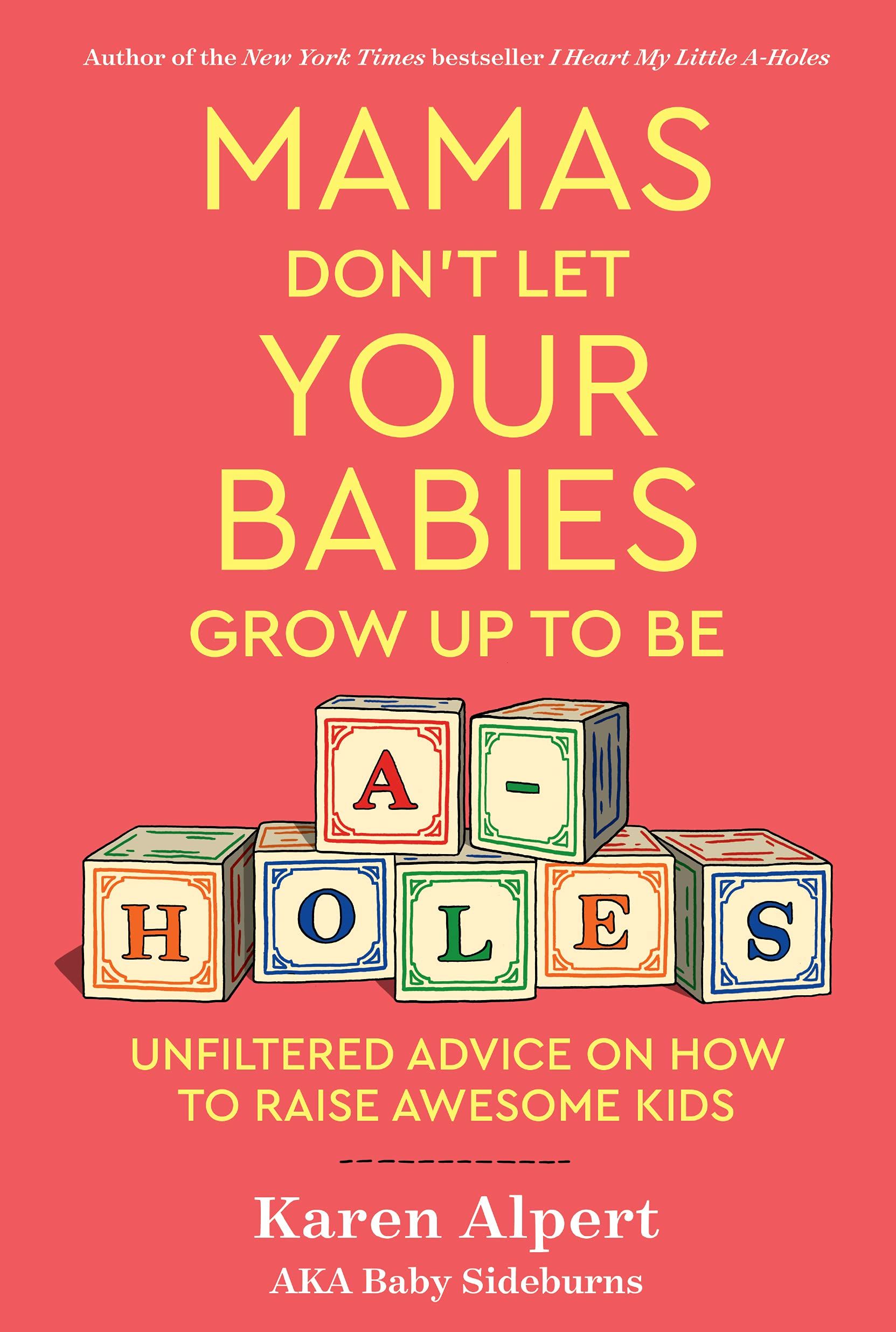
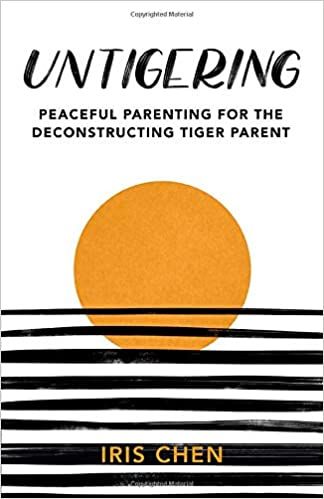
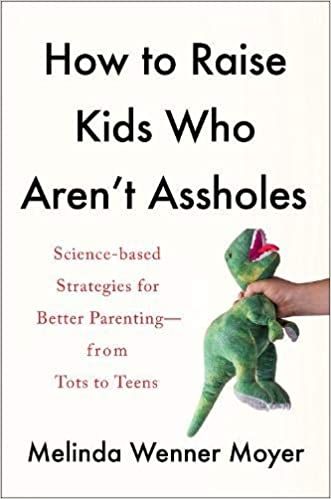
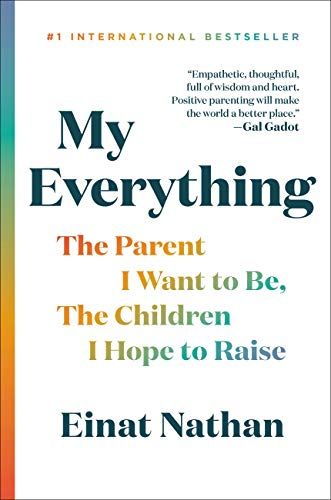
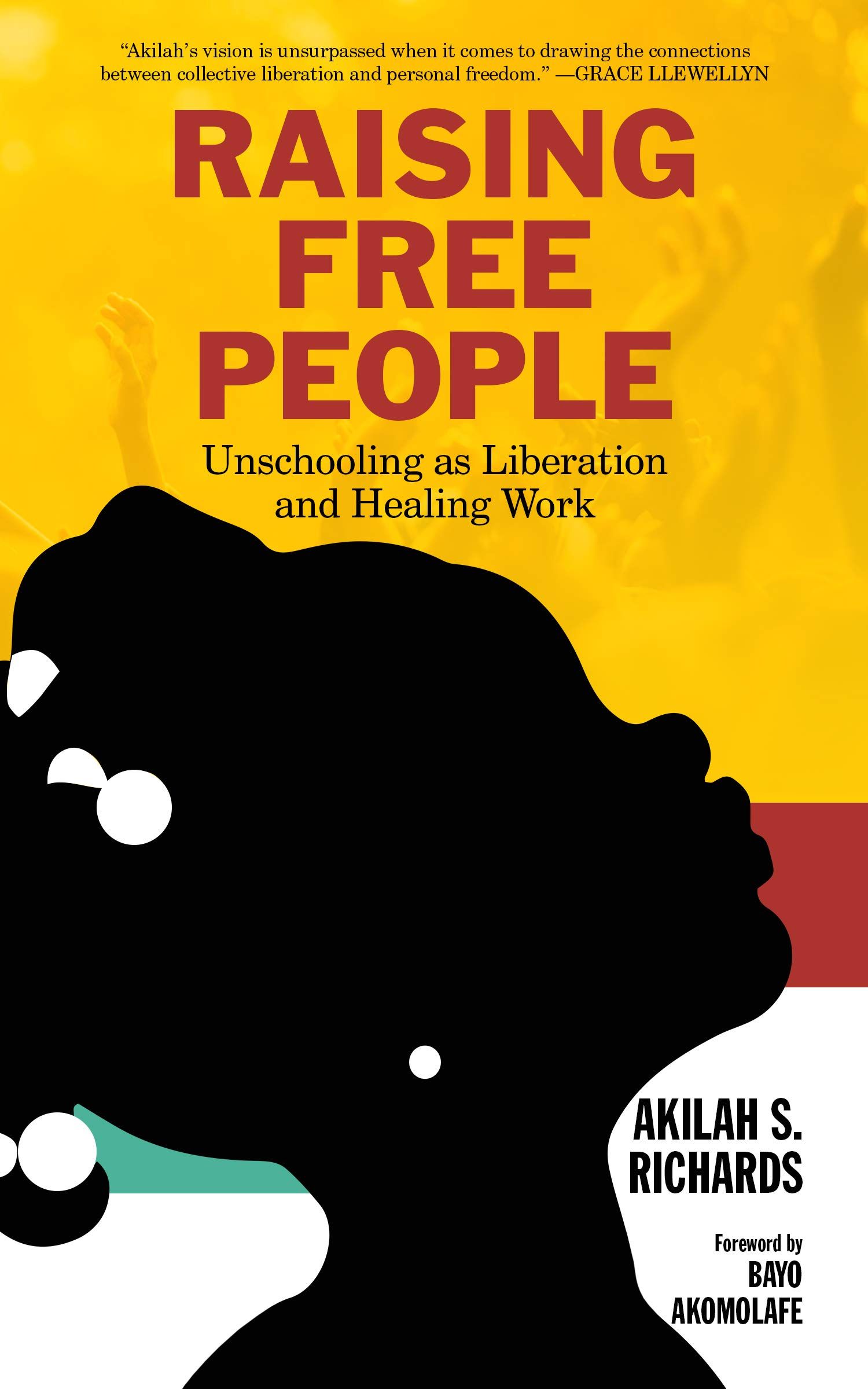
إرسال تعليق
0 تعليقات